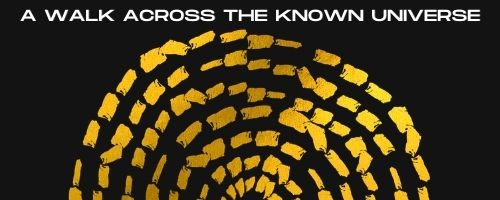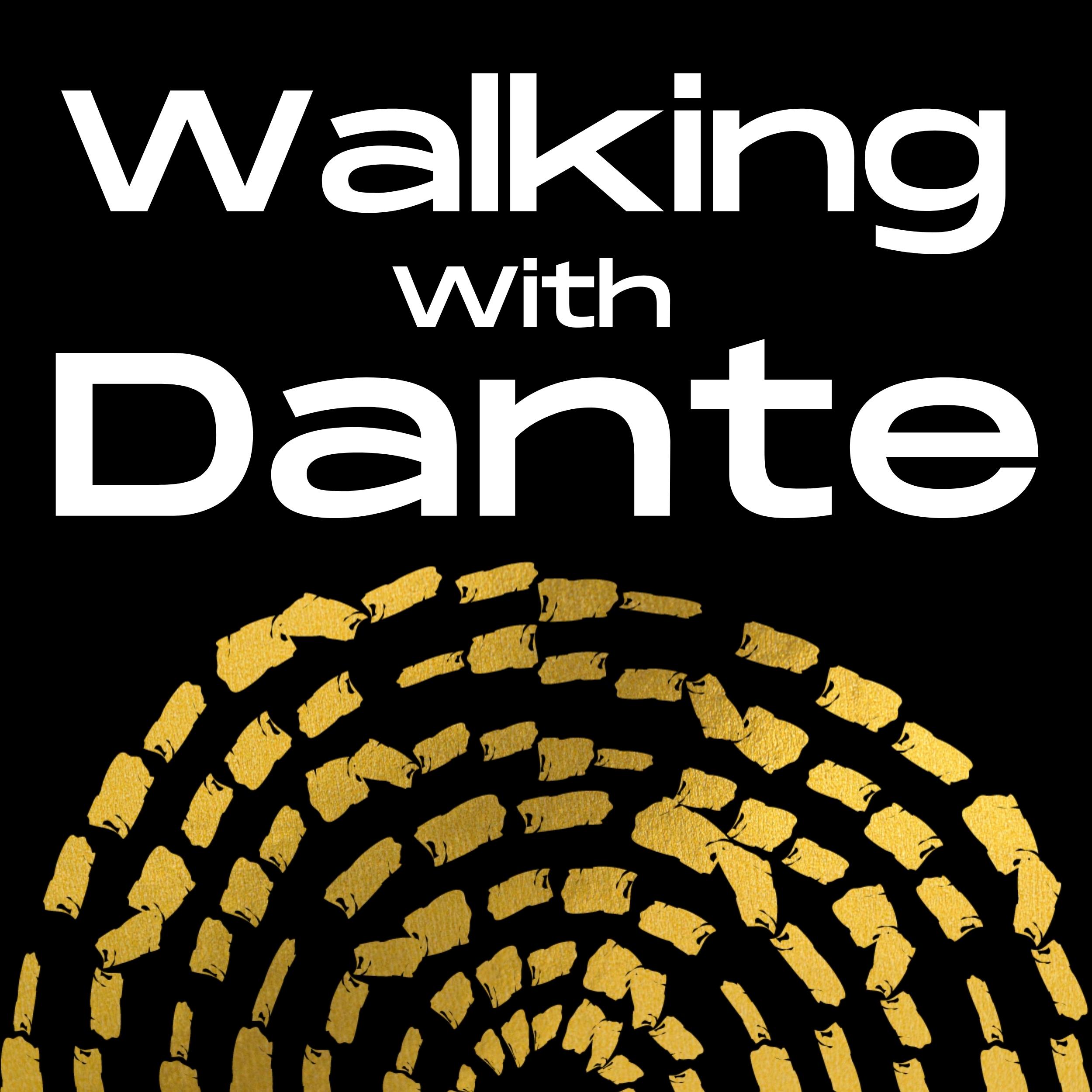Episode 37
Belacqua Redux: PURGATORIO, Canto IV, Lines 97 - 139
We've talked about Belcqua as a parodic, ironic, or comedic figure in PURGATORIO. But is there a way to interpret his character as more straightforward? What if Dante the poet intends him to be a warning about negligence, a truth-teller sitting on the first minor ledge of the great mountain of Purgatory?
Join me, Mark Scarbrough, as I read back through Belacqua's speeches in PURGATORIO, Canto IV, interpreting this time without the assumption of irony. What happens to the very words of the text when we change the interpretive lens?
Here are the segments for this episode of WALKING WITH DANTE:
[01:27] Belacqua's opening "maybe" doesn't include any clues as to its irony based on its rhyme.
[03:44] Belacqua's second speech mentions being "valiant," right after the very valiant Manfred. Belacqua's third line is perhaps merely a statement of fact--or perhaps a bit of characterization for Belacqua: a know-it-all who didn't hear Virgil's discussion of the sun's position.
[06:48] Belacqua calls Dante "brother," a term of Christian affection.
[08:08] The way up is indeed blocked for Belacqua.
[09:34] Perhaps Belacqua's use of "martydom" for his purgation indicates his coming link with the church's founding legends. Maybe the punishments of Purgatory do indeed link the penitents to the martyrs.
[11:36] Belacqua's final sighs are indeed "good."
[12:25] Belacqua's last statement about efficacious prayer is orthodox theology.


